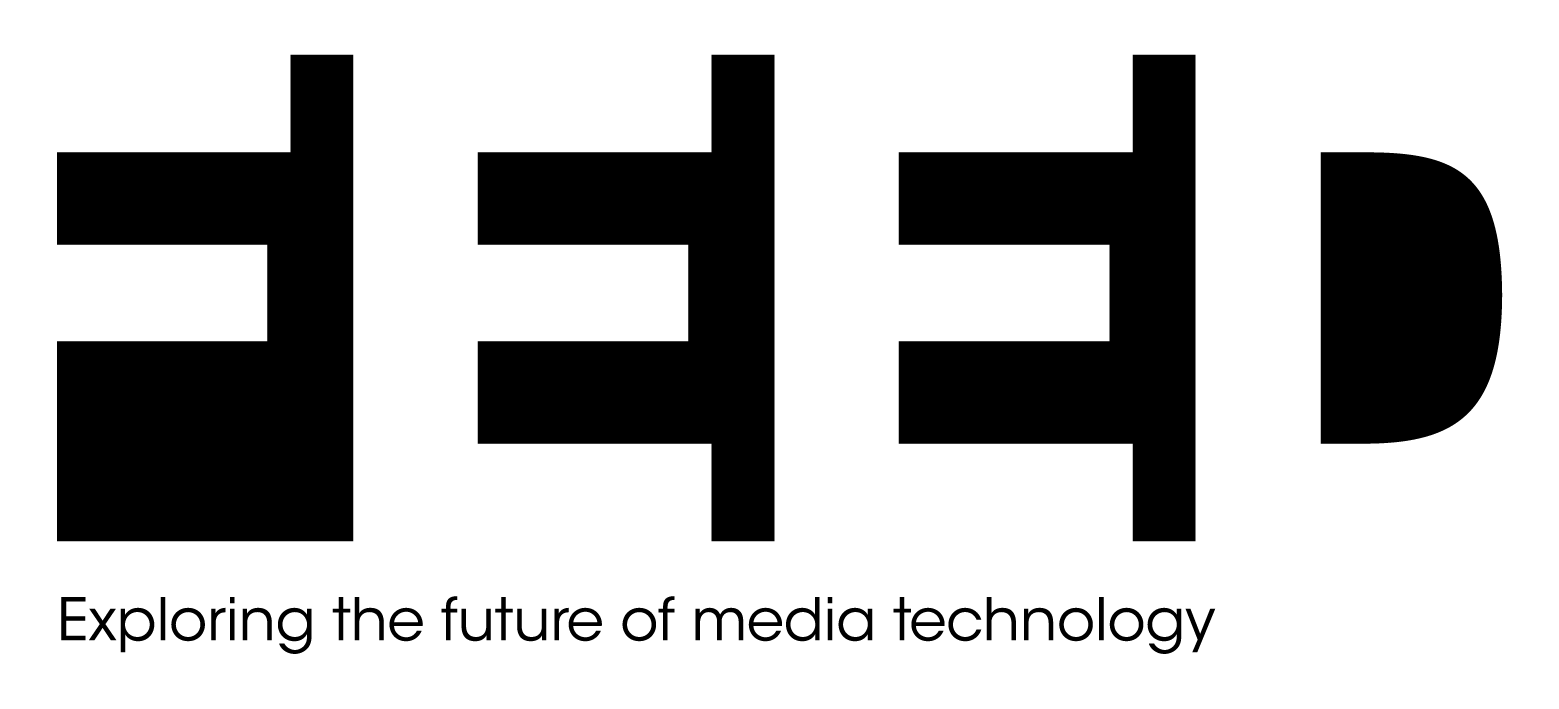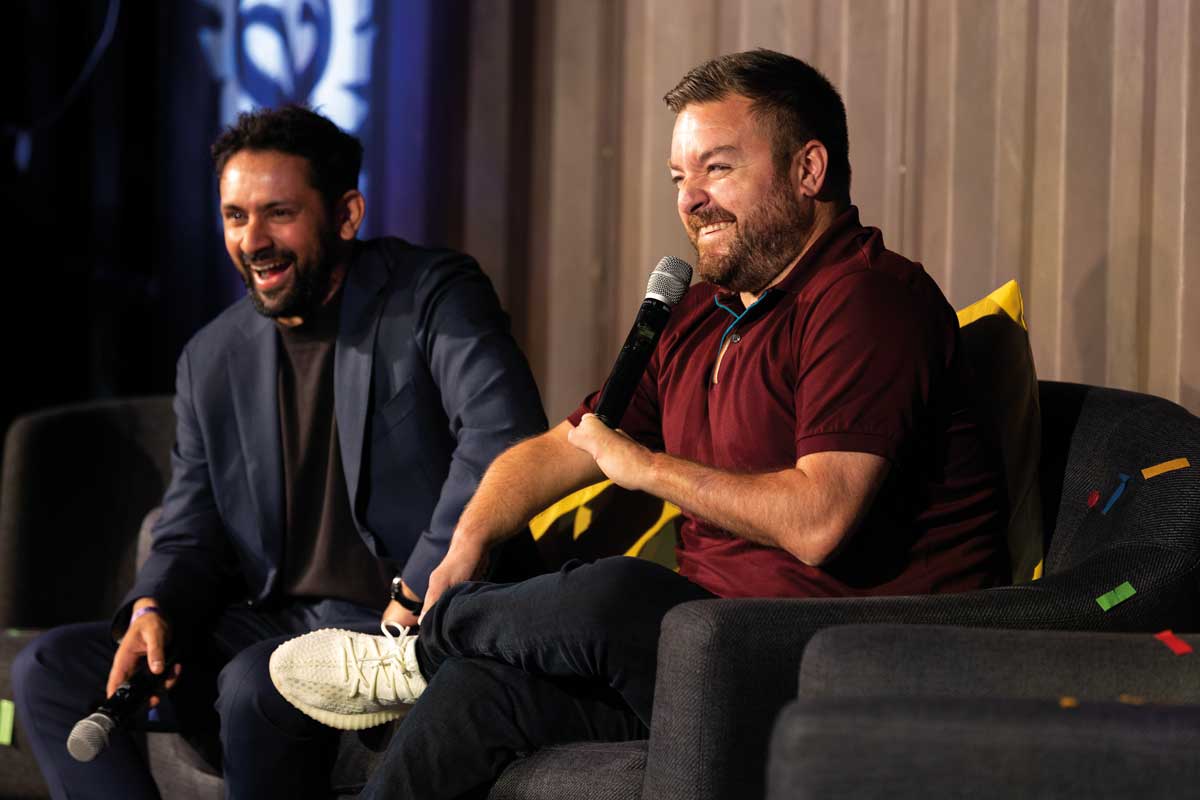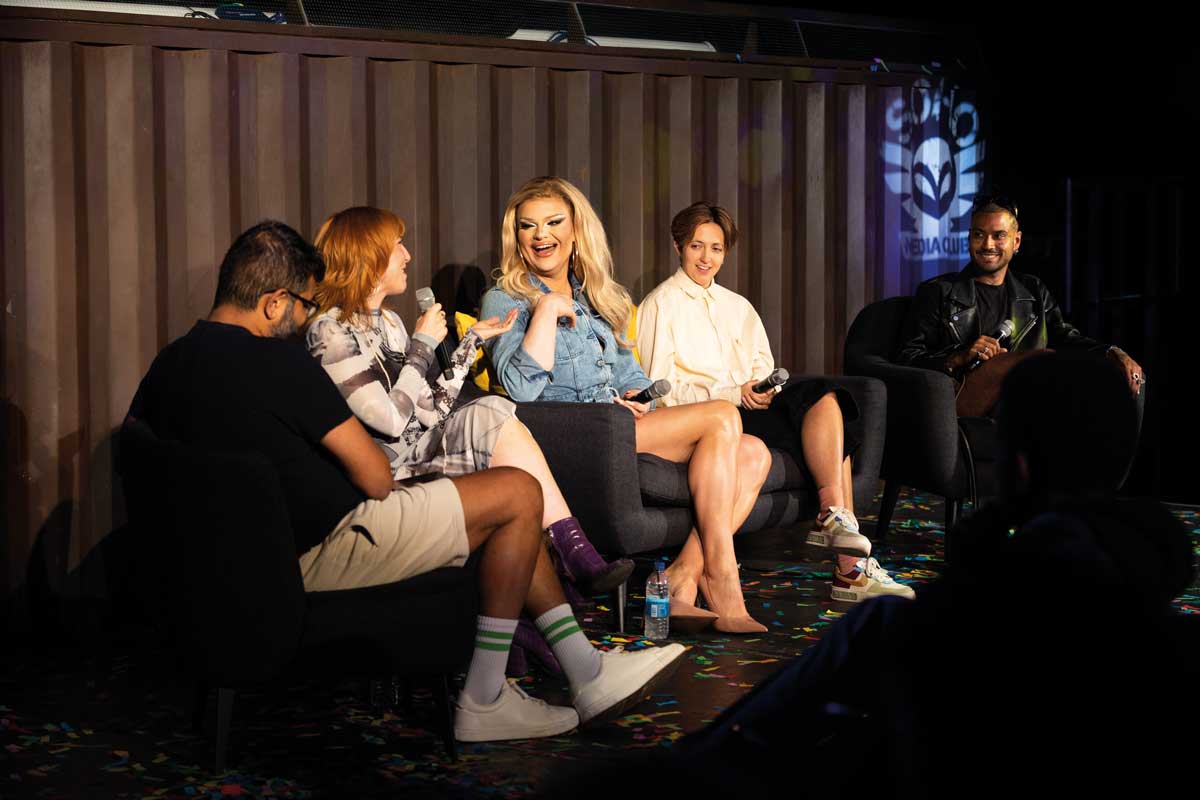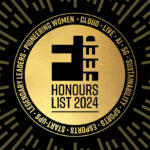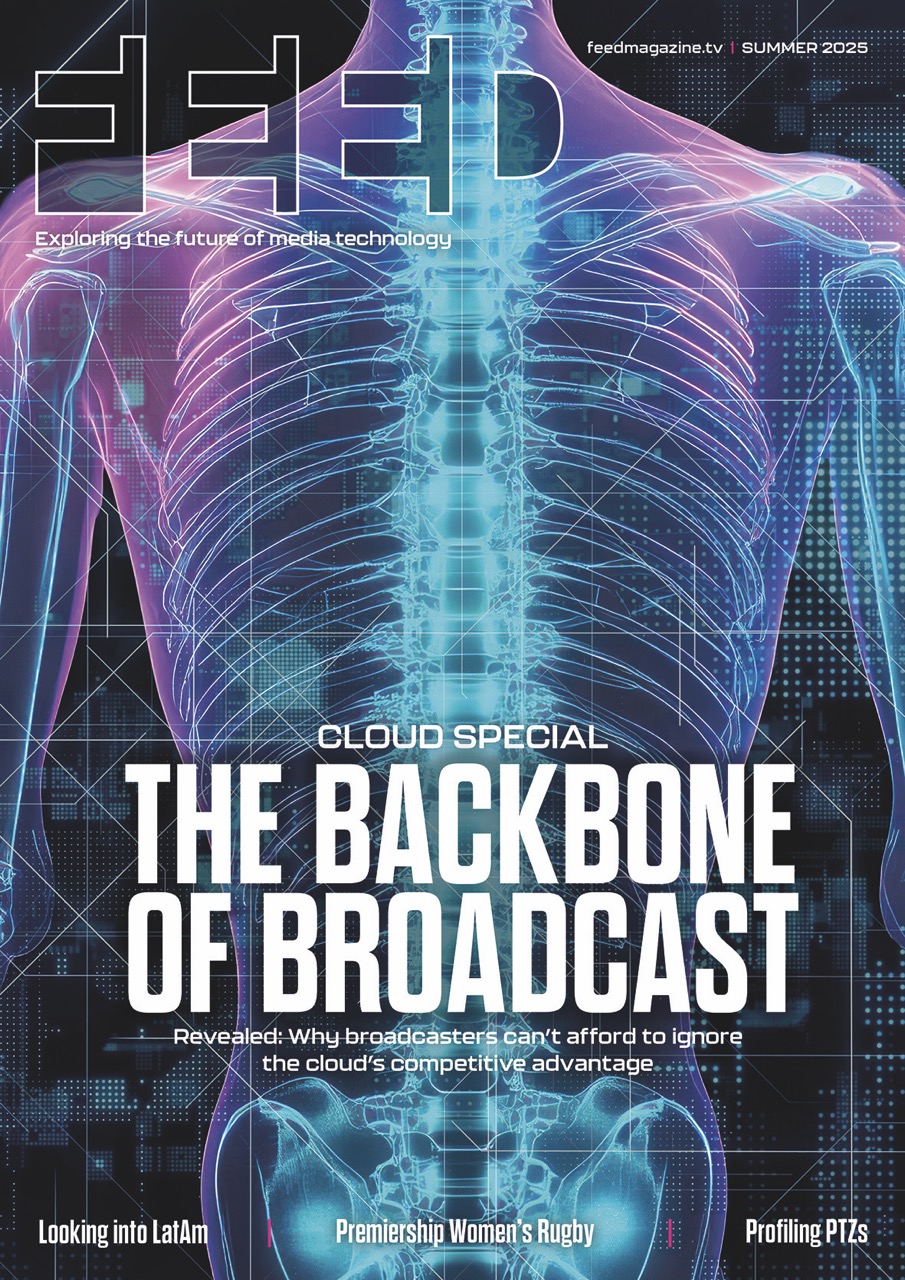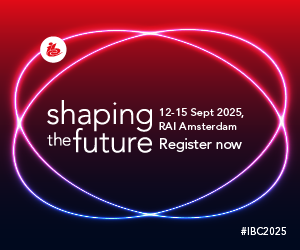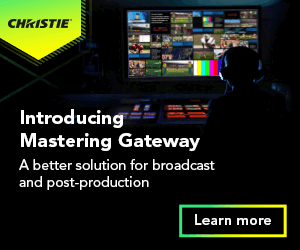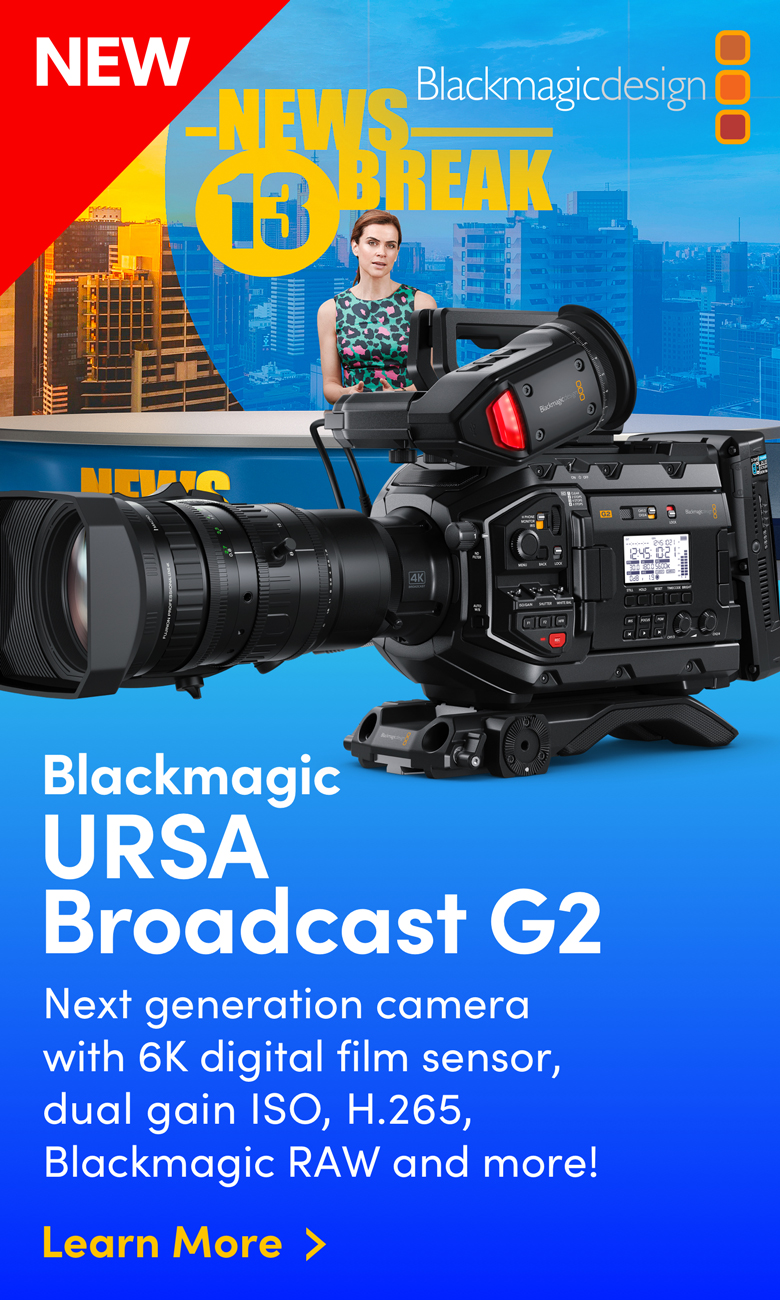Be You Festival 2024

Posted on Nov 8, 2024 by FEED Staff
FEED headed over to London’s Ministry of Sound for Soho Media Club’s annual one-day festival in July. From dissecting ‘wokery’ to challenging reliance on data, we listened to passionate debates about issues surrounding diversity, LGBTQ+ and disability across the media landscape
Words by Verity Butler Pictures by Ian Olsson Photography
The clue is in the name when it comes to Soho Media Club’s annual Be You festival – a day of both celebration and lively debate on the current state of diversity, equity and inclusion (DEI) in the television space. Most importantly, it focuses on how to improve it.
It is a one-day summer festival based in London (this year at the iconic nightclub Ministry of Sound), designed to spark honest conversation about the whole slate of film and TV culture. This includes the visible and hidden challenges of diversity, inclusion and belonging – as well as how to nurture and inspire the next generation of talent.
Pooling a mixture of industry heavyweights and newcomers, speakers and attendees gathered from across the country to passionately discuss the future of media culture. Here are some of our highlights!
Off with a bang!
The day’s events quite literally kicked off with a bang. Two confetti canons explosively showering rainbow shreds over the audience, combined with a blasting of Ministry of Sound’s comprehensive sound system, undoubtedly set the strident tone for the day’s events. Today was a day to be loud and proud. This was accompanied by an introductory speech from Soho Media Club co-founders Jaisica Lapsiwala and Tom Witkowski, alongside Be You’s energetic host Muki Kulhan – outlining what the day had in store.
Then came ‘Mapping out what’s happening in media right now’, a dynamic deep dive between Maureen Kerr and Claire Tavernier into the macro and micro trends impacting the industry, looking at where money is being spent, the innovations shaking up the space, plus a glimpse into TV, streaming and AI.
We picked up a new term from this talk: serial churner. This is used to describe the ways streaming customers cycle through different subscriptions across all the major platforms in order to maximise access to content. It’s apparent there is no barrier to exit in streaming, and so the platforms have started to realise that chasing the serial churners is simply a waste of time and money. Instead, they appear to be focusing their efforts on bundling as a way to get more time with subscribers. For example, Warner Bros, Paramount and Disney are all actively looking to include sports as part of their overall packages.
The chat also touched on the industry’s topic of the moment: AI. It concluded that generative AI could be the answer to the content demand problem, but it certainly isn’t there just yet.
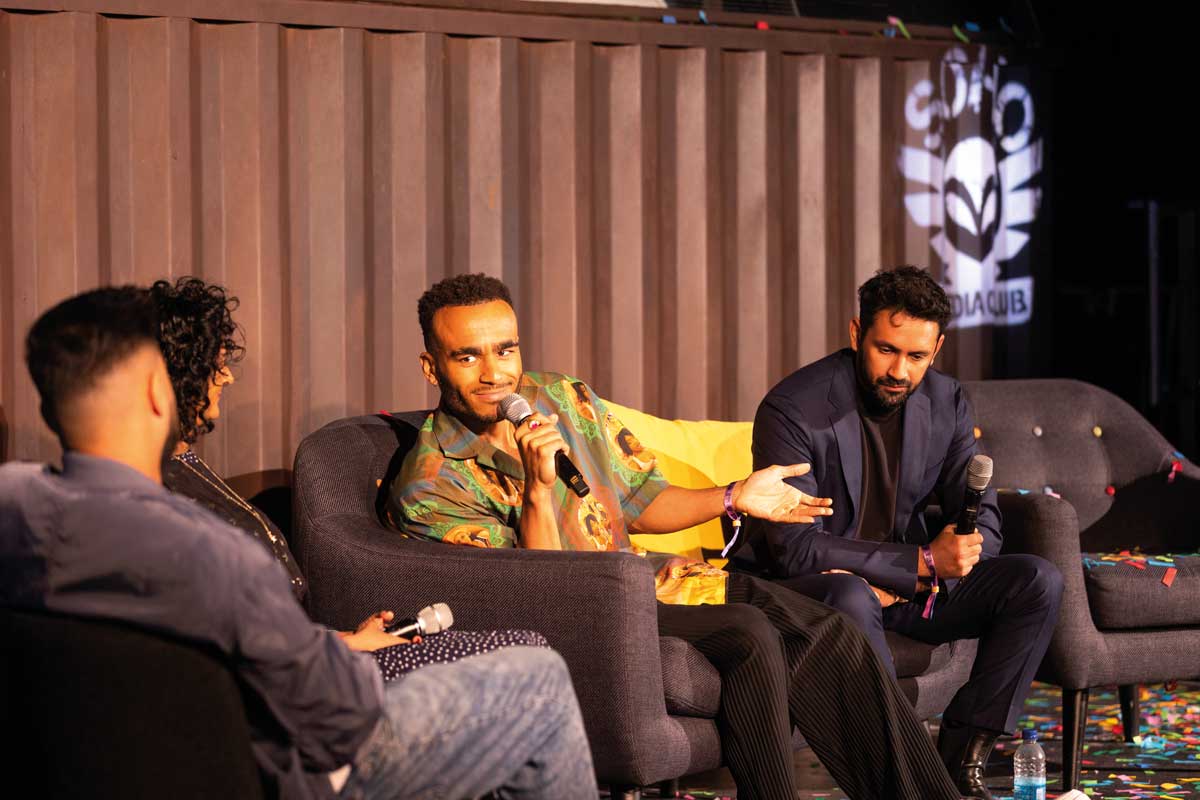
Strategies and schemes
Next up was the day’s first panel, and it was a lively one, to say the least. When it comes to broadcaster initiatives and cultural change, there seems to be a huge minefield of information out there. Navigating what opportunities exist in the industry, what talent is in demand at the moment, where to go and how to do it can be overwhelming.
Cue the ‘Strategies and schemes unwrapped’ panel, bringing DEI representatives from the biggest names in UK television to hash it all out with one another. Oh, and those big names also happen to be direct competitors, which naturally lent some added heat to the conversation. On the panel, we had Sonny Hanley, director of ITV Academy; David Carrigan, group director of diversity and inclusion at Sky; Marcia Williams, executive director of equity and inclusion at Channel 4; and Marcus Ryder, CEO of the Film and TV Charity.
Key points of the discussion included: social mobility and representation of ethnic minorities – and the strategic approach to move the dial – the opportunities in the speakers’ organisations, how young talent can access these opportunities and what data exists to illustrate the impact.
It appeared that the latter point would become central to the discussion, with the reliance on data as a whole seeming to be a contentious issue among the speakers.
“Stats show that things aren’t getting better,” opened Marcus Ryder. “Over the last ten years, ethnic diversity has gone up from 14% to 17%. We can fool ourselves and say, ‘great, diversity in broadcast has gone up’, but in real terms it hasn’t. We must be critical of what we’re trying to achieve. We need to look at the structure of our industry and be careful not to just observe the numbers but also the solutions.”
Marcia Williams countered this by saying it is still important to celebrate the numbers at hand. “More than half (58%) of our workforce are women,” she emphasised, “21% of which are from ethnically diverse backgrounds.”
She stressed how the numbers were very much in a good place for Channel 4, so the next step now was to keep them there – and growing.
“What we’ve done with our numbers is set a series of floor levels,” she continued. “This means a set of numbers we must never fall under, across the business. We recognise that representation does not itself solve the issue. We’ve had representation schemes throughout the industry for decades. If they’d delivered what they promised, we wouldn’t be sitting here right now.”
As the discussion moved along, we heard from Sonny Hanley about ITV’s own work and discoveries when trying to encourage diversity within the organisation.
“ITV Academy is trying to level the playing field, creating more entry-level positions and traineeships. At the moment, we are seeing big gaps in post-production and so are concentrating efforts there.”
He also highlighted the need to boost diversity among writers and creators: “There are 14 characters in Emmerdale from diverse backgrounds – but only two writers.”
The panel became particularly spicy when Hanley was challenged on ITV’s decision last year to cast Nigel Farage on its hugely popular show I’m a Celebrity… Get Me Out of Here!, calling into question how to get the balance of practising good DEI initiatives within a business, but also then reflecting that in its output. For those who don’t know, Nigel Farage is a well-known UK politician whose extreme-right views on immigration – along with his stances on many other ethical issues – have been highly controversial.
Ryder shared a thought-provoking comment on this, which left more than a few eyebrows raised. He argued that though he disagreed with Farage’s politics, it would be unfair to ignore the fact that, in the UK’s general election held earlier in July, his political party secured millions of votes and five seats in parliament. He emphasised that, if we are discussing representation, then going off that data Farage does in fact represent a significant proportion of the UK. Disagree or not, the point certainly stirred up a few murmured conversations among attendees.
A final key part of the conversation was around the term ‘woke’ and how it has been used as a weapon to destabilise DEI efforts. “I use the word woke as a badge of honour,” stated Williams. “It’s mind-boggling how misused it has become. The fact we are constantly championing change – we aren’t doing this lightly. It’s about believing fundamentally in having a cohesive society. It’s cyclical; politicians come along and say silly things about ‘wokery’, and then disappear again. You just have to be ready to take them on.”
An ode to change
Later, we witnessed another panel discussing the next generation and how to give them a new voice. It uncovered the power of collaboration – how broadcasters and content creators can transform the viewing experience, how to overcome barriers when transitioning to broadcast, how traditional TV can support content creator talent as well as recognising and managing those existing cultural barriers.
Commissioning editor for Channel 4, Cimran Shah, shared his advice to those creators hoping to make the seemingly Odyssey-like journey into television.
“There are a few main criteria: originality is key, being funny and smart and having consistent output. Also, collaboration is often the hardest part. Content creators are the masters of their own domain, so they need to be open-minded and prepared to diversify their output.
“In the past, there used to be much tougher obstacles when trying to get in front of a commissioner. But it’s become a much more democratised process thanks to social media.”
Later, we got to meet sociology professor Jason Arday. He is the youngest Black professor to ever be hired by Cambridge University. He shared his incredible story with the audience in an intimate conversation, detailing how he’d been diagnosed with autism at the age of three, learnt to speak at 11 and then learnt to read when he was 18. He was also told he’d never be able to get a PhD – which, as you can probably note from his record-breaking professorship, he made sure to prove wrong.
Then, we saw Alex Brooker from The Last Leg. He shared how it has promoted disability representation since its launch during the 2012 Paralympics. It is evident that the show has done a huge amount of work in normalising disability in media – but there is clearly a long way to go before representation is near where it should be in mainstream media.
One last highlight for us was the colourful ‘How reality TV is helping the cause of LGBTQ+ rights’ panel. LGBTQ+ representation on and off the screen has made progress, but as the panel highlighted, there’s still plenty that needs to be done. The key takeaway from this harked back to the event’s name: to be yourself.
“Don’t be a Diet Coke,” proclaimed drag performer, actor and television personality Kitty Scott-Claus, “you need to be the full-fat. People want the sugar!”
From stamping out bullying to building diverse crews and nurturing next-gen talent, there was no doubt the 2024 cohort of Be You attendees left the day full of ideas and inspiration.
This feature was first published in the Autumn 2024 issue of FEED.
